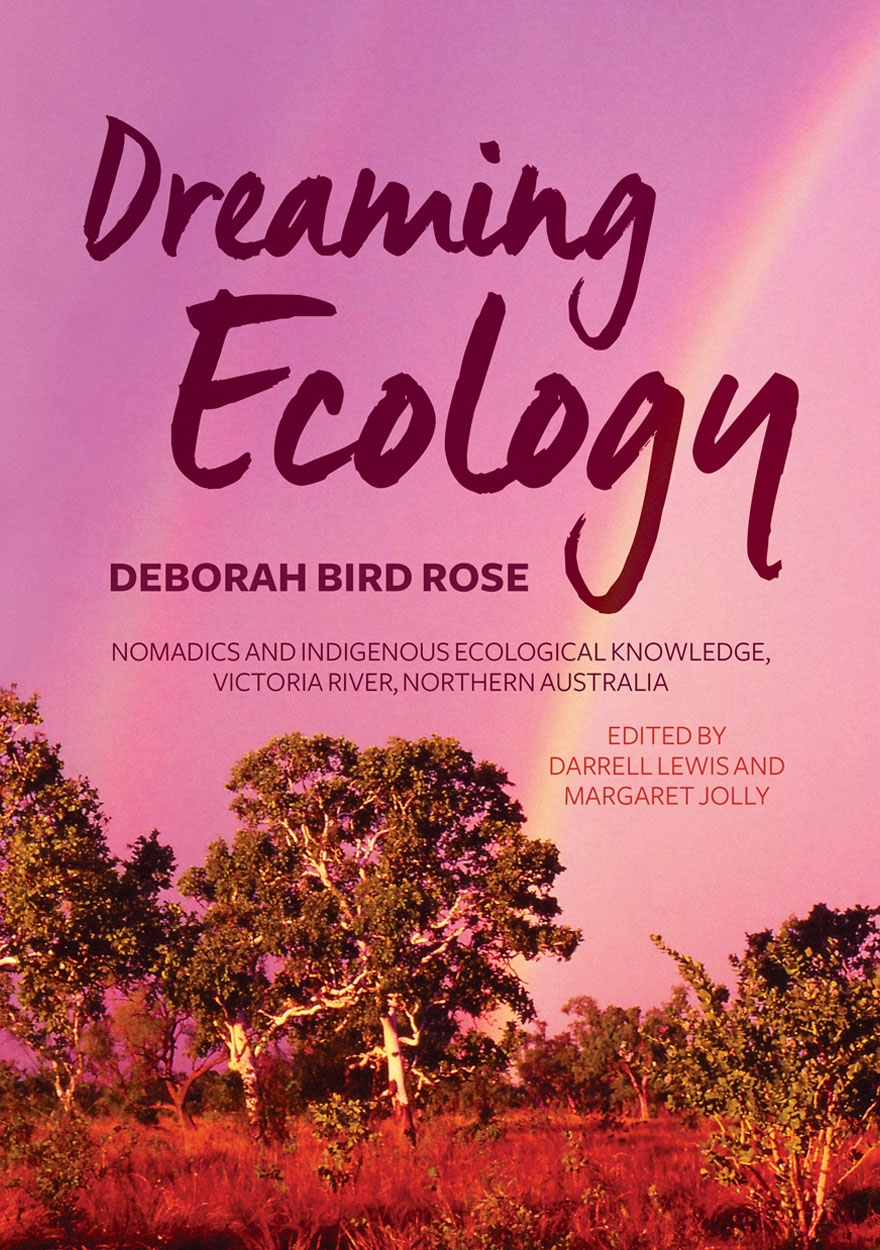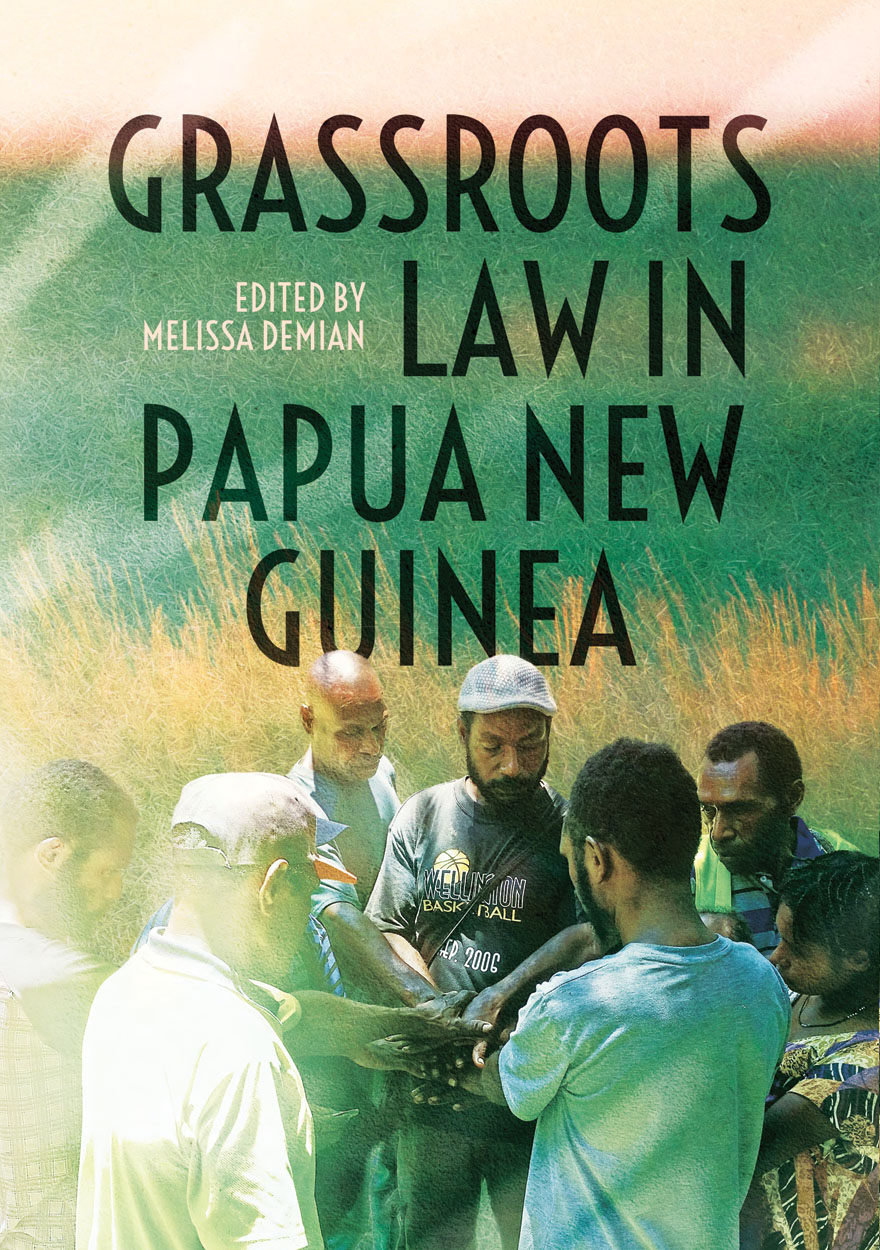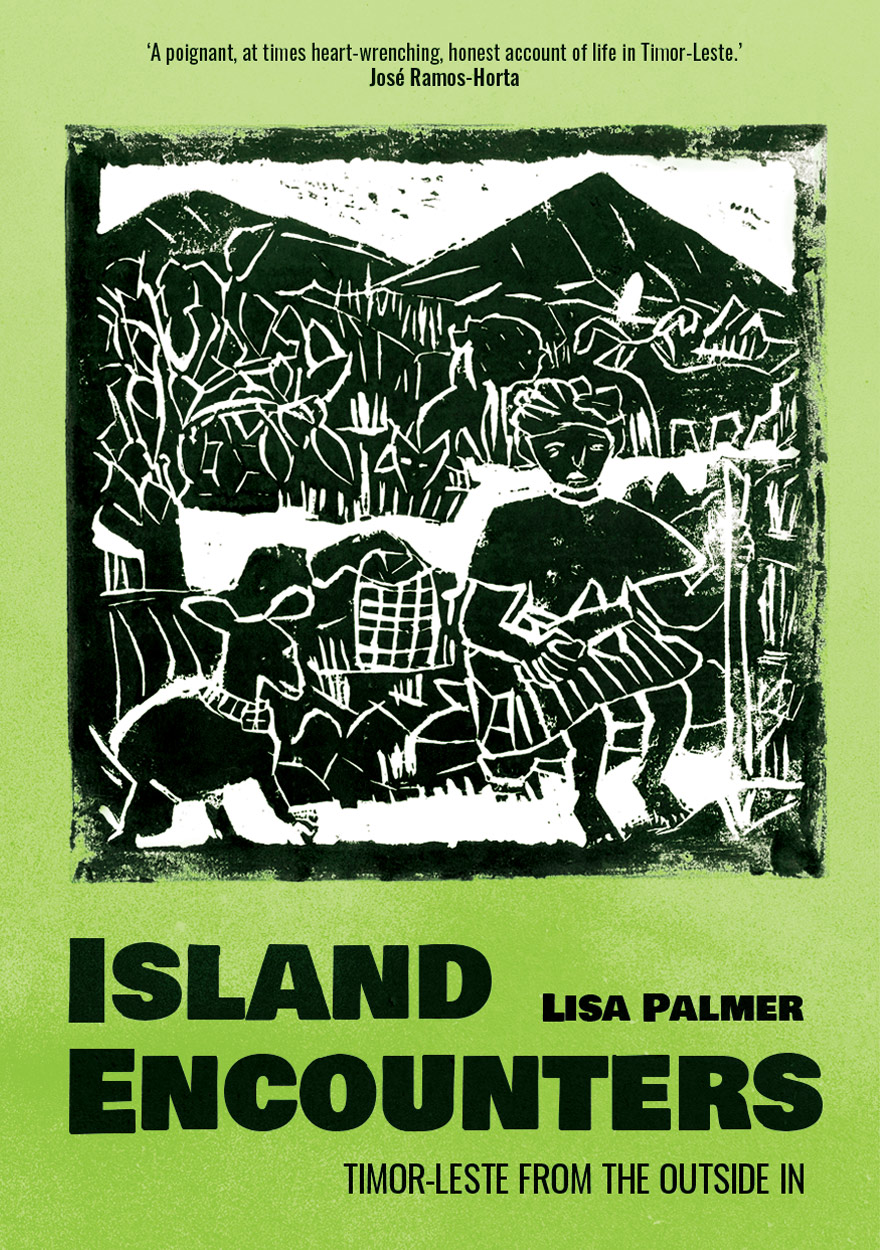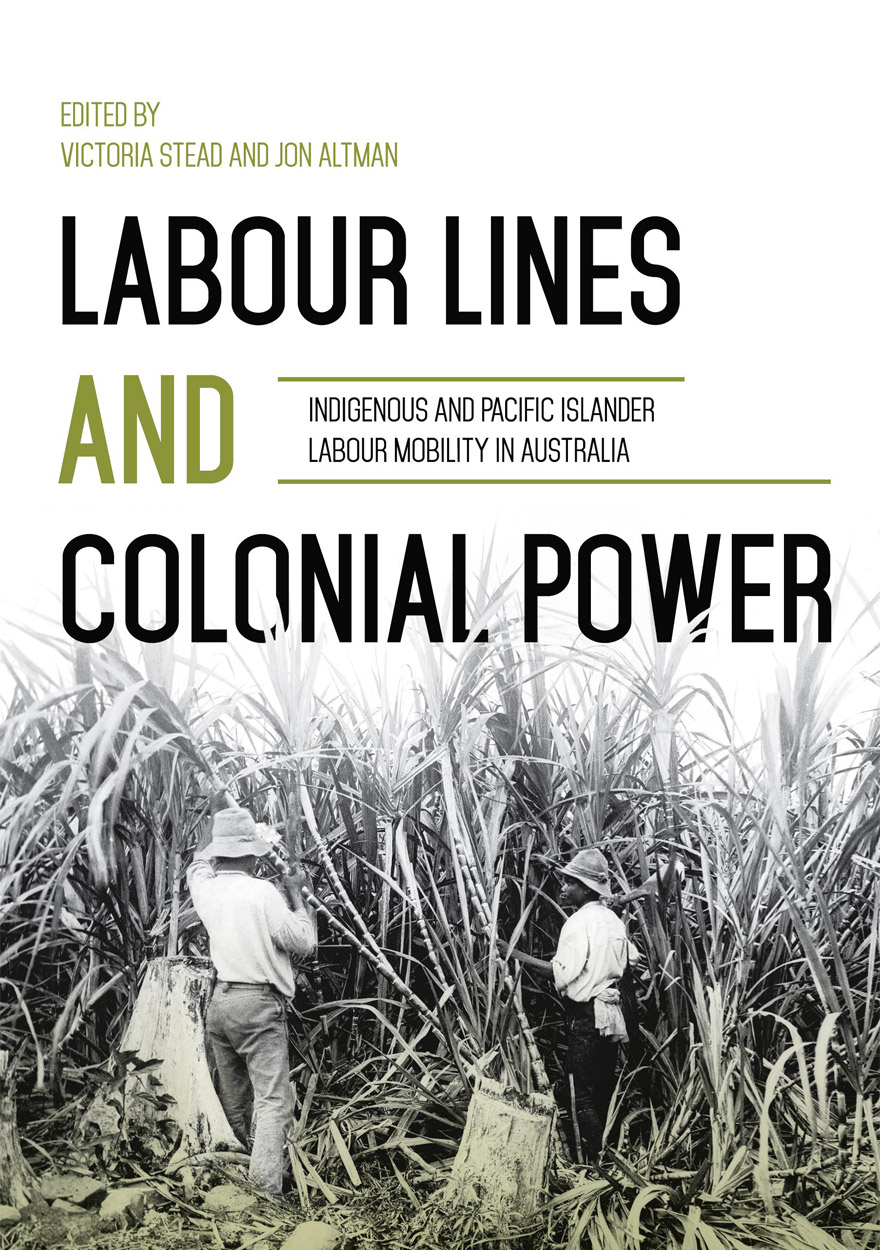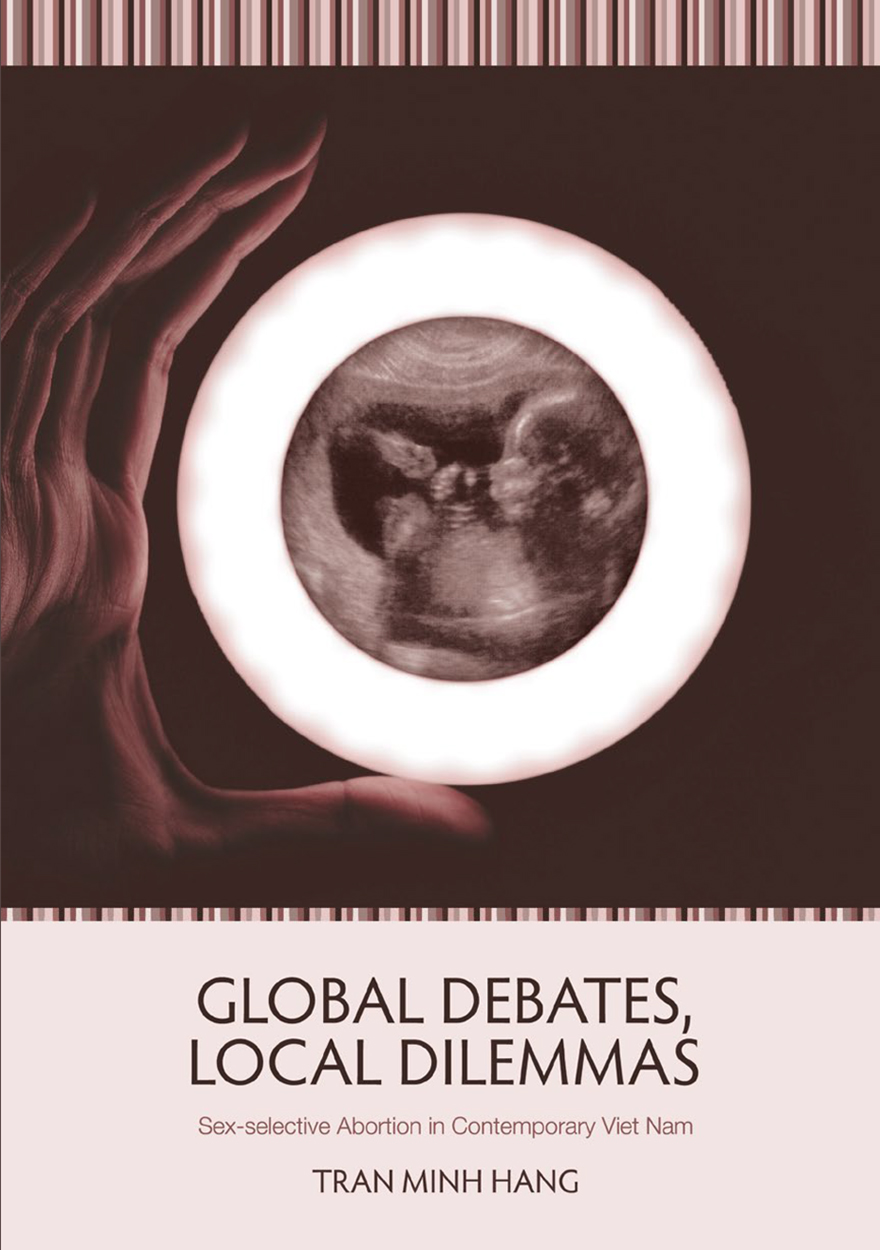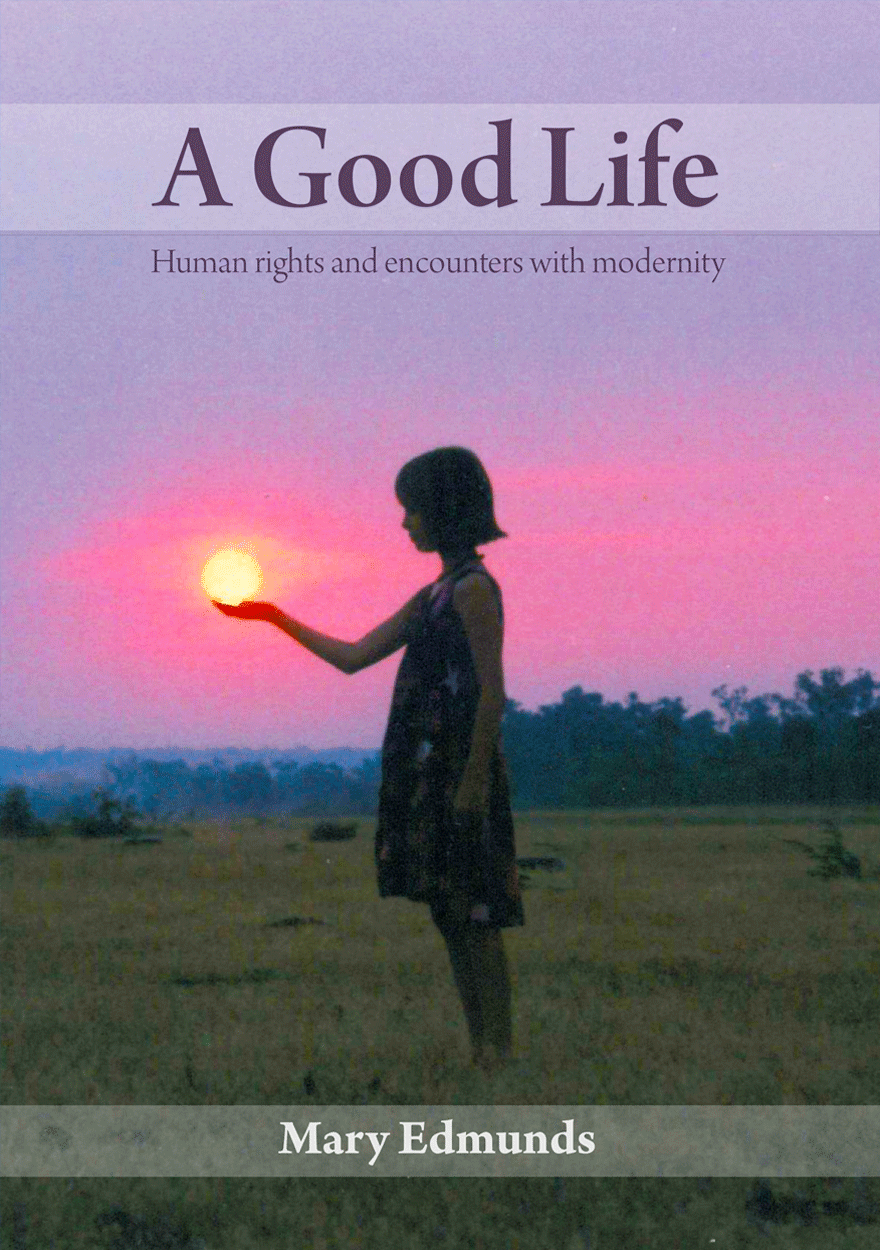
A Good Life
Human rights and encounters with modernity
Authored by: Mary EdmundsPlease read Conditions of use before downloading the formats.
Description
This book is a story. It’s a story about ordinary people in very different parts of the world dealing with rapid change in the late twentieth and early twenty-first centuries. It’s about times of turbulent and violent social upheaval and rupture with the past. It’s about modern times. It’s also about being human; what it is to be human in a modernising and globalising world; how, in responding to the circumstances of their times, different groups define, redefine, and attempt to put into practice their understandings of the good and of what constitutes a good life. And it’s about how human rights have come to be not abstract universal principles but a practical source of consciousness and practice for real people.
Drawing on the author’s experience as an anthropologist, the book examines different groups over the last three decades of the twentieth century and the first years of the twenty-first: Thai factory workers over a period of two coups in the 1970s; Spanish nuns in the 1980s, in the aftermath of the Second Vatican Council and the end of the Franco dictatorship; Aboriginal people in the remote Pilbara region of Western Australia dealing with the impact of late colonialism and moves towards self-determination, from the 1980s to the present. Each of these groups has its own stories, illuminating ways in which, despite the assault of modernisation on deeply held traditional beliefs and practices, particular cultural understandings and practices continue to shape people’s responses to their novel circumstances. The very diversity of the studies presented in the book raises some of the most compelling moral and social questions of our time and invites the reader, both academic and lay, to focus on what it is that makes us human; whether there are human universals as well as cultural particularities; whether human rights provide universal norms and practices; what unites as well as divides us; and where morality, and understandings of a good life, can be sourced in a secular modern world.
“This is a book about hope, the hope that we have ways to live together in a rapidly changing world which will enable us to ‘live a good life in the modern world.’”
Hon. Fred Chaney AO.
Details
- ISBN (print):
- 9781922144669
- ISBN (online):
- 9781922144676
- Publication date:
- May 2013
- Imprint:
- ANU Press
- DOI:
- http://doi.org/10.22459/GL.05.2013
- Disciplines:
- Arts & Humanities: Cultural Studies; Social Sciences: Anthropology, Indigenous Studies
- Countries:
- Australia; Europe: Spain; Southeast Asia: Thailand
PDF Chapters
Please read Conditions of use before downloading the formats.
- Preliminary (PDF, 200KB)
- Foreword (PDF, 72KB)
- Acknowledgments (PDF, 74KB)
- Notes on names and spellings (PDF, 86KB)
- List of maps (PDF, 44KB)
Introduction
Part I. Tradition and transformation in a non-colonised state: Thailand (PDF, 217KB)
- Continuities and crisis (PDF, 680KB)
- Dictatorship and democracy: Competing social imaginaries (PDF, 922KB)
Part II. Tradition and transformation in a non-colonised state: Spain (PDF, 257KB)
- Old orders and new: The nuns as historical actors (PDF, 978KB)
- ‘Quiero ser protagonista de mi vida’: ‘I want to be the main actor in my own life’ (PDF, 1.1MB)
Part III. Colonised people and the nation-state: Aboriginal Australia (PDF, 306KB)
Part IV. Modernity and human rights
Other publications that may interest you




